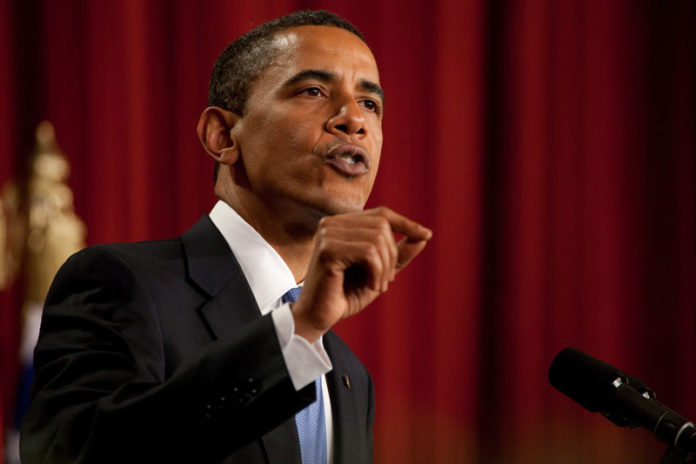Thousands of coal miners and coal-fired power plant workers who have lost their jobs due to Environmental Protection Agency (EPA) regulations since President Barack Obama took office can go on welfare – and to take advantage of $35 million in set aside “Power+Plan” welfare grants for the industry.
According to the Obama administration, the Commerce Department’s Power+Plan grants program will help “communities and workers successfully adapt to changes in the coal industry and power sector.”
Making no mention of easing the mostly arbitrary EPA regulations to staunch the bleeding of jobs in the coal industry, President Obama is asking Congress to raise the budget for Power+Plan grants to $55 million. The president believes the increased funding will “diversify” local economies across Appalachia so they become less reliant on coal jobs.
Speaking for the Department of Labor, Secretary Thomas Perez said:
“Recent changes in the energy economy have had a profound impact on Appalachian families and communities that have been sustained by the coal industry for generations”…and that “we have a moral imperative to work together to ensure we all succeed.”
Kentucky and West Virginia have been two of the hardest hit states when it comes to federal regulations on coal. EPA regulations are forcing power companies to delay coal-fired power plant repairs and maintenance… cancel plans to build new power plants… and force fully operational coal-fired power plants to close.
Some jobs have also been lost due to competition from natural gas. Kentucky lost 644 power plant jobs from 2008 to 2013 – a 37 percent drop in the workforce – and 5,188 coalmining jobs during that time – a 31 percent reduction in the state’s coal workforce.
Senate Majority Leader Mitch McConnell (R-KY) said:
“Kentucky’s coal miners, their families and those working in coal-related jobs continue to suffer under this Administration’s War on Coal and its burdensome regulations, the result of which has been the loss of thousands of high-wage jobs in a region facing serious economic challenges.”
Until January, when Republicans took over control of the Senate following the 2014 elections, not much attention was paid to the Kentucky Republican. Since then, McConnell has only been able to secure $7.5 million from the Labor Department retrain coal workers who lost their jobs.
“This funding will help … provide essential reemployment services – including for emerging information technology jobs – to approximately 700 Kentuckians who have lost jobs or businesses as a result of the decline in the coal industry,” McConnell said.
The picture at the national level is bleak as well.
Coalmines and coal-fired power plants cut 43,386 jobs nationally during Obama’s first term in the White House according to the center-right American Action Forum think tank.
According to some estimates, EPA regulations under consideration to lower carbon dioxide emissions (a greenhouse gas that humans expel when breathing and that plants need to survive) will eliminate another 80,000 jobs in coal-related industries by 2030 and as many as 300,000 jobs from the U.S. economy as a whole.
The new EPA regulations limiting carbon dioxide emissions will be finalized in the next couple months once the White House Office of Management and Budget finishes their “review”. After that, without a single vote in Congress, the new EPA regulations will become law.
Republican lawmakers and pro-coal blue state congressmen have crafted a bill to stop the pending power plan rules from becoming law and raise the bar for future EPA efforts to regulate carbon dioxide emissions. Speaking on behalf of supporters, West Virginia Sen. Shelley Moore Capito said:
“The Affordable Reliable Energy Now Act enables us to fight back against the assault on coal, and the broader threat to affordable, reliable energy nationwide.”
“I am proud to lead the charge against the ‘Clean Power Plan’s’ sweeping regulations and look forward to working with my Senate colleagues to move this very important legislation forward.”
Even if the bill passes both houses of Congress, it is unlikely President Obama will sign it and even more unlikely that supporters in Congress can muster enough votes to override a presidential veto.































